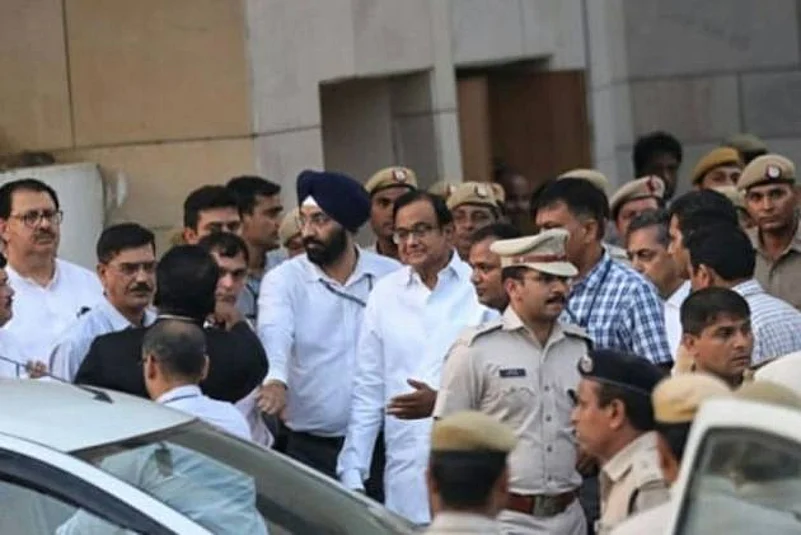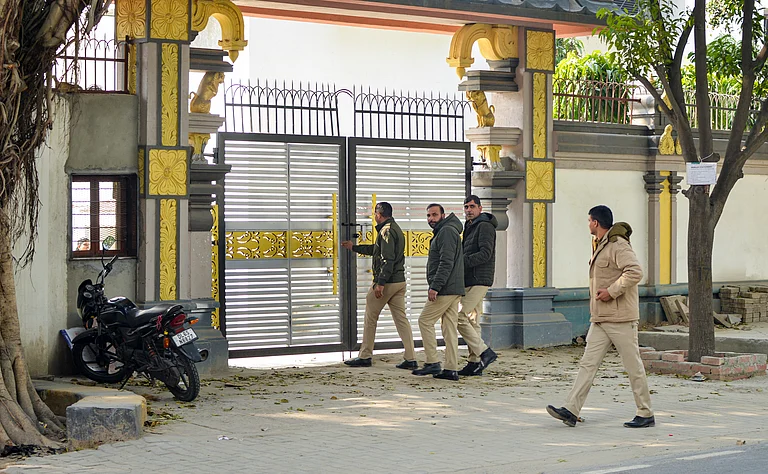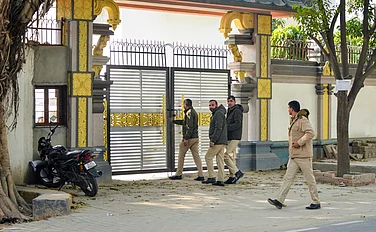The Enforcement Directorate on Wednesday told the Supreme Court that specific information had been received from foreign banks which include inputs on former Finance Minister P. Chidambaram's properties abroad.
These included house numbers and companies which owned them.
Solicitor General Tushar Mehta submitted before a bench headed by Justice R. Banumathi: "As a result, we have issued Letters Rogatory in the matter... well crafted and layering of money laundering was adopted by the accused in this case."
The ED refused to share its investigation report with Chidambaram as the chargesheet in the case was yet to be filed and urged the court to look into the report filed in a sealed envelope to decide his anticipatory bail plea.
Mehta revealed this information while addressing Chidambaram's argument that the transaction happened before it was made an offence, which points at the retrospective applicability of PMLA law.
"We have robust material to show money laundering," argued the ED counsel.
Mehta informed the court that the records in the case had been officially received and not manufactured or fabricated.
He insisted that it was the ED's statutory right to arrest the accused. The ED Director had the right to arrest and many conditions are supposed to be met before an arrest is made.
Mehta told the court that the information received from various banks across the world cannot be made public in this case.
He told the court that in this case, statute provides that material should be handed over to a neutral adjudicatory authority, to help in avoiding the probe agency tampering with them. These were statutory checks and balances involved in the process.


























